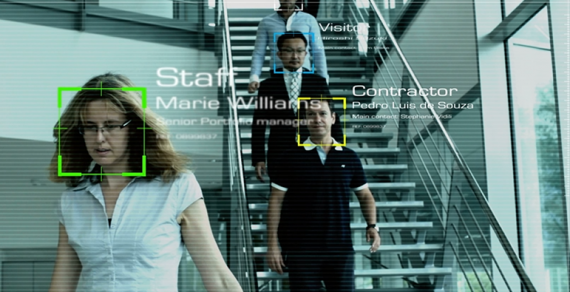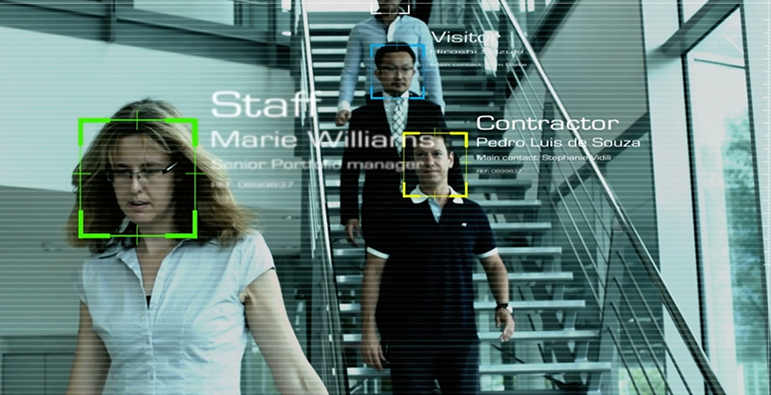
NEC Australia’s leading edge facial recognition technology, NeoFace, is being rolled out in Australia’s biggest casinos in efforts to better the customer experience and improve safety for all of their patrons.
The facial recognition technology currently being tested and installed will serve a number of purposes, from monitoring persons of interest or banned figures seeking entry to a casino or registered club, to welcoming regular patrons back to a venue and letting them know their favourite beverage is waiting for them at the bar.
NEC’s facial recognition algorithms operate with incredible accuracy. The systems to be implemented in the casinos are designed to positively identify someone against a database from more than 50 metres away.
Another benefit is identifying problem gamblers who have self-registered so that they are denied access to a gambling venue, a recent example being a man who self-reported and registered as a gambling addict in one of the major casinos in Australia. NEC’s facial recognition technology detected the man trying to enter the premises, even though he had previously requested he be turned away. The man tried on two more occasions to gain entry by attempting to disguise his appearance. Such was the accuracy of NEC’s technology, he was identified on each occasion and was turned away by staff.
NEC Australia Managing Director Mike Barber says facial recognition is the way of the future in business and society more widely; “Facial recognition such as what is being worked on by NEC globally has many practical applications and its implementation in the likes of some of our major casinos is proof of that,” Mr Barber said. “Patron safety and improving the customer experience are just some of the practicalities,” he said.
Facial recognition can also be used to improve traffic movement via crowd counts, recording staff attendance and even ensuring that fraud in university exam rooms is eliminated by matching the face of an exam attendee against his or her image on a database. Some universities are reporting increased cases of “stand-ins” at exams, people who are fraudulently sitting exams for another person.
NEC: www.nec.com.au

